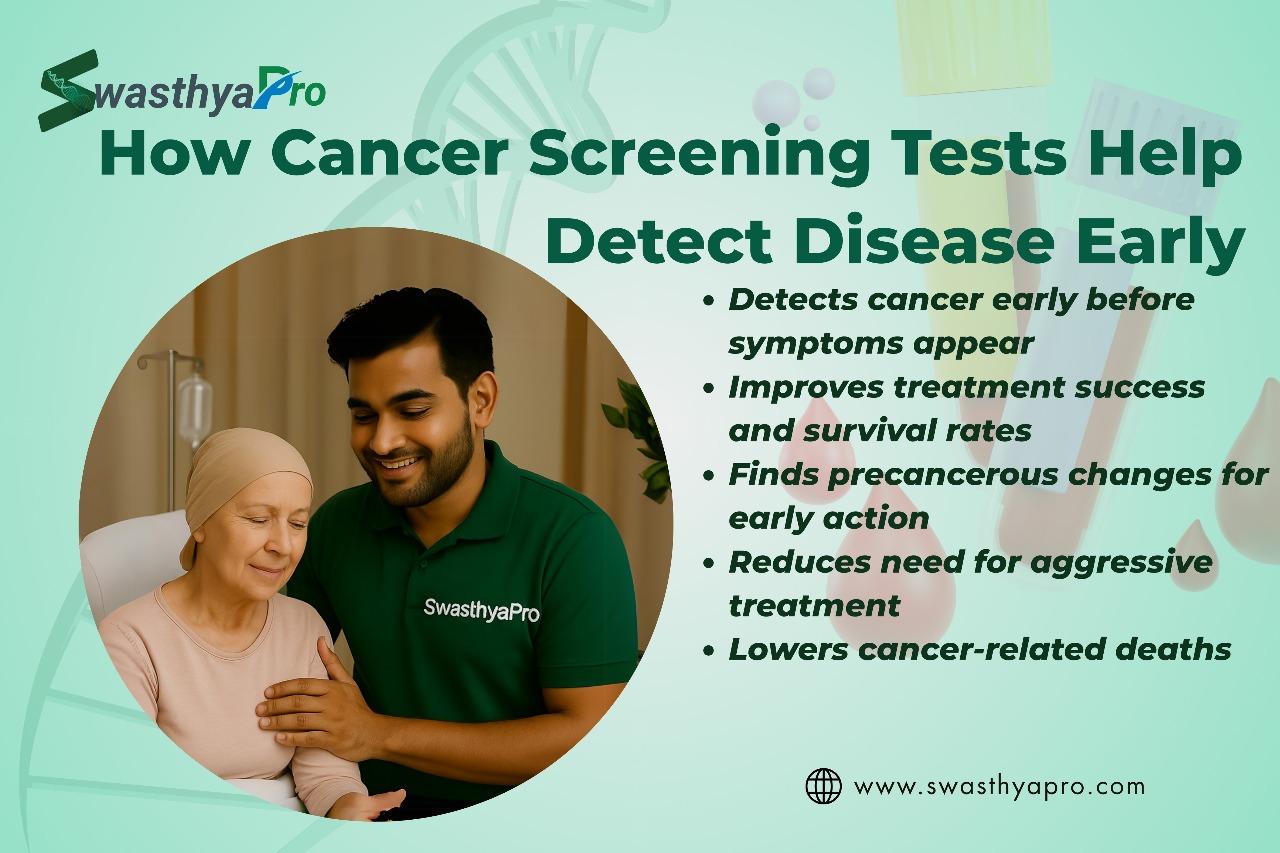The Importance of Early Detection Through Cancer Screening Tests

Cancer screening tests are one of the most effective tools in modern healthcare for identifying cancer at its earliest and most treatable stages. Early detection significantly increases the chances of successful treatment, improves survival rates, and often reduces the need for aggressive therapies. By undergoing regular screenings, individuals can take a proactive step toward protecting their health and potentially saving their lives.
Early detection through cancer screening tests works by identifying abnormal cells or changes in the body before symptoms develop. For example, Pap smears can detect precancerous changes in the cervix, while mammograms can spot breast cancer before it becomes advanced. Similarly, colonoscopies can find and remove polyps before they turn into colorectal cancer. These screenings act as a preventive shield, catching problems in their infancy.
The main advantage of early detection is that it allows for less invasive treatment. When cancer is found early, treatments are usually shorter, less complicated, and more likely to preserve quality of life. In contrast, cancers detected at later stages often require extensive surgery, chemotherapy, or radiation, which can have serious side effects.
Another important benefit is improved survival rates. Numerous studies have shown that people diagnosed with cancer at an early stage live significantly longer than those diagnosed at advanced stages. For example, the five-year survival rate for breast cancer exceeds 90% when detected early, compared to much lower rates in late-stage diagnoses.
Early detection through cancer screening tests also provides emotional relief. Regular checkups and test results can reduce uncertainty and anxiety, particularly for those with a family history of cancer. Even if a test result is abnormal, finding the problem early offers the best chance for a cure.
Additionally, screenings can uncover other health concerns. For instance, a low-dose CT scan for lung cancer might reveal early signs of heart disease or other lung conditions. This broader diagnostic benefit makes screenings even more valuable.
Public health programs emphasize the importance of early detection because it not only saves lives but also reduces healthcare costs. Treating early-stage cancer is generally far less expensive than treating advanced disease. This makes regular screenings a wise choice for individuals and a cost-effective strategy for healthcare systems.
In conclusion, early detection through cancer screening tests is a crucial component of preventive healthcare. By identifying problems before they escalate, screenings protect lives, reduce treatment burdens, and contribute to healthier, longer lives. Making early detection a priority is a step everyone should take.
- Art
- Causes
- Best Offers
- Crafts
- Dance
- Drinks
- Film
- Fitness
- Food
- Oyunlar
- Festival
- Gardening
- Health
- Home
- Literature
- Music
- Networking
- Other
- Party
- Religion
- Shopping
- Sports
- Theater
- Wellness



